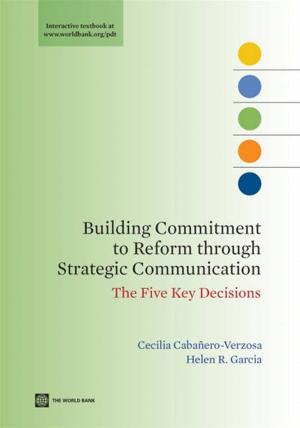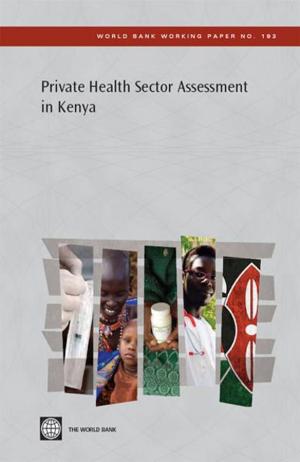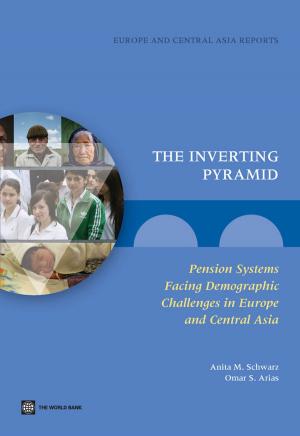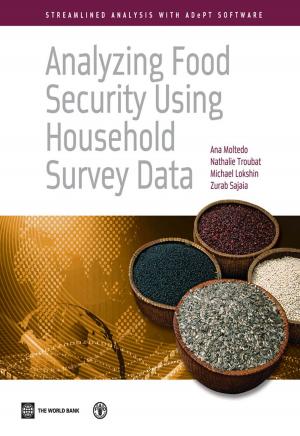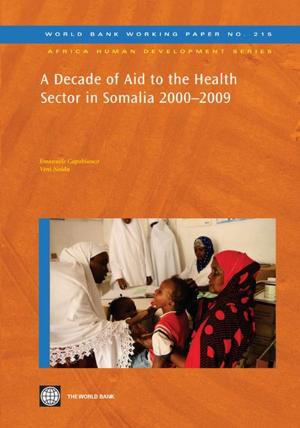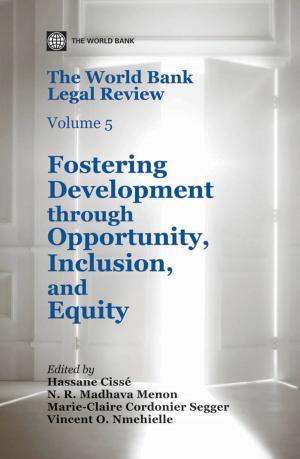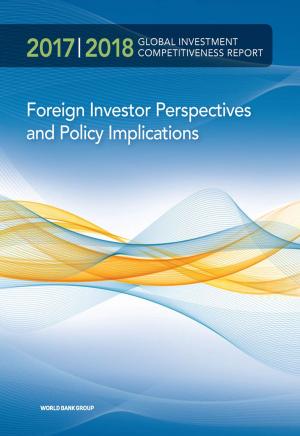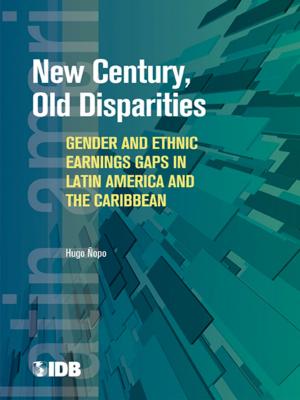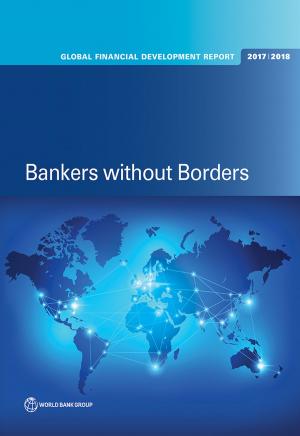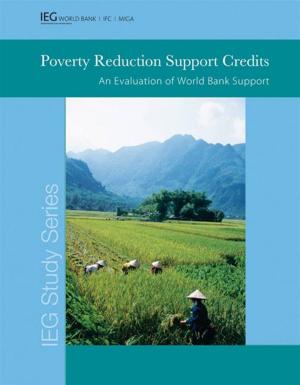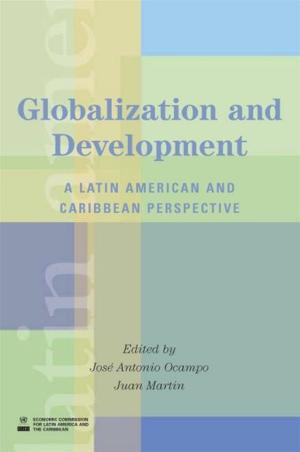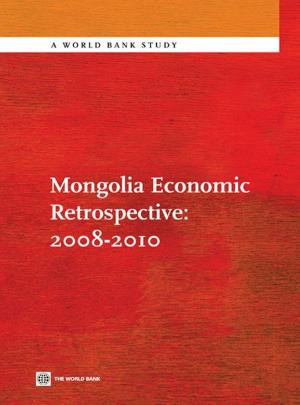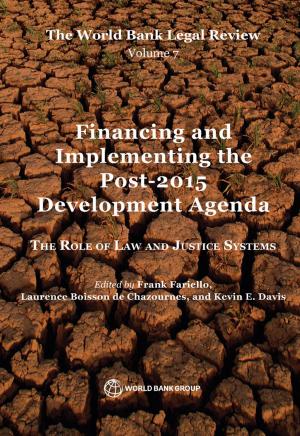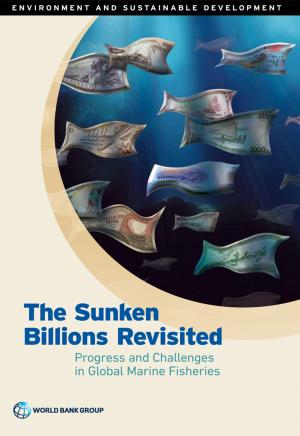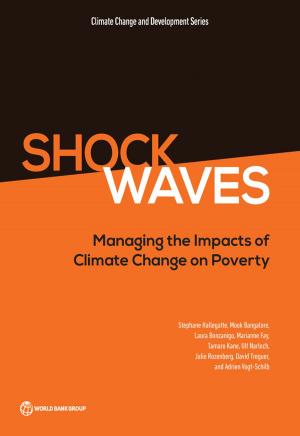The United States-Honduras Remittance Corridor: Acting On Opportunity To Increase Financial Inclusion And Foster Development Of A Transitional Economy
Nonfiction, Science & Nature, Technology, Environmental| Author: | Endo Isaku; Hirsch Sarah; Rogge Jan; Borowik Kamil | ISBN: | 9780821381397 |
| Publisher: | World Bank | Publication: | December 4, 2009 |
| Imprint: | Language: | English |
| Author: | Endo Isaku; Hirsch Sarah; Rogge Jan; Borowik Kamil |
| ISBN: | 9780821381397 |
| Publisher: | World Bank |
| Publication: | December 4, 2009 |
| Imprint: | |
| Language: | English |
The report is part of the Bilateral Remittance Corridor Analysis (BRCA) initiative. The report US-Honduras Remittance Corridor: Acting on Opportunity to Increase Financial Inclusion and Foster Development of a Transnational Economy provides an overview of remittances and migration between the Honduras and the United State. The report analyzes the remittance regulatory and market environment, financial inclusion strategies by financial institutions, transnational economic activities, and the impacts of remittances on the Honduran economy. The chapter 2 provides analysis of remittance market environment including factors that influence migrants' choices of remittance channels, remittance market by type of remittance service providers, and cost of sending remittances. The chapter also analyzes regulatory frameworks including detailed requirements for financial institutions to conduct remittance services and requirements to comply with the anti-money laundering and combating the financing of terrorism framework in both the United States and Honduras. The chapter 3 examines remittances and access to financial services as well as financial inclusion strategies by financial institutions. The chapter four analyzes the development impact of remittances in rural Honduras through transnational economy, networks and diaspora engagement.These analyses of the U.S.-Honduras remittance corridor have led to a set of policy recommendations for the authorities of Honduras and the United States. Regulatory reforms in the remittance markets are urgently recommended in order to promote the integrity and efficiency of money transfer businesses. The report also recommends the development of financial infrastructures in rural areas for better distributions of remittances. It is recommended that public policy be directed to building an environment for diaspora's investments in the community and local business for exports to Honduran communities abroad.
The report is part of the Bilateral Remittance Corridor Analysis (BRCA) initiative. The report US-Honduras Remittance Corridor: Acting on Opportunity to Increase Financial Inclusion and Foster Development of a Transnational Economy provides an overview of remittances and migration between the Honduras and the United State. The report analyzes the remittance regulatory and market environment, financial inclusion strategies by financial institutions, transnational economic activities, and the impacts of remittances on the Honduran economy. The chapter 2 provides analysis of remittance market environment including factors that influence migrants' choices of remittance channels, remittance market by type of remittance service providers, and cost of sending remittances. The chapter also analyzes regulatory frameworks including detailed requirements for financial institutions to conduct remittance services and requirements to comply with the anti-money laundering and combating the financing of terrorism framework in both the United States and Honduras. The chapter 3 examines remittances and access to financial services as well as financial inclusion strategies by financial institutions. The chapter four analyzes the development impact of remittances in rural Honduras through transnational economy, networks and diaspora engagement.These analyses of the U.S.-Honduras remittance corridor have led to a set of policy recommendations for the authorities of Honduras and the United States. Regulatory reforms in the remittance markets are urgently recommended in order to promote the integrity and efficiency of money transfer businesses. The report also recommends the development of financial infrastructures in rural areas for better distributions of remittances. It is recommended that public policy be directed to building an environment for diaspora's investments in the community and local business for exports to Honduran communities abroad.

